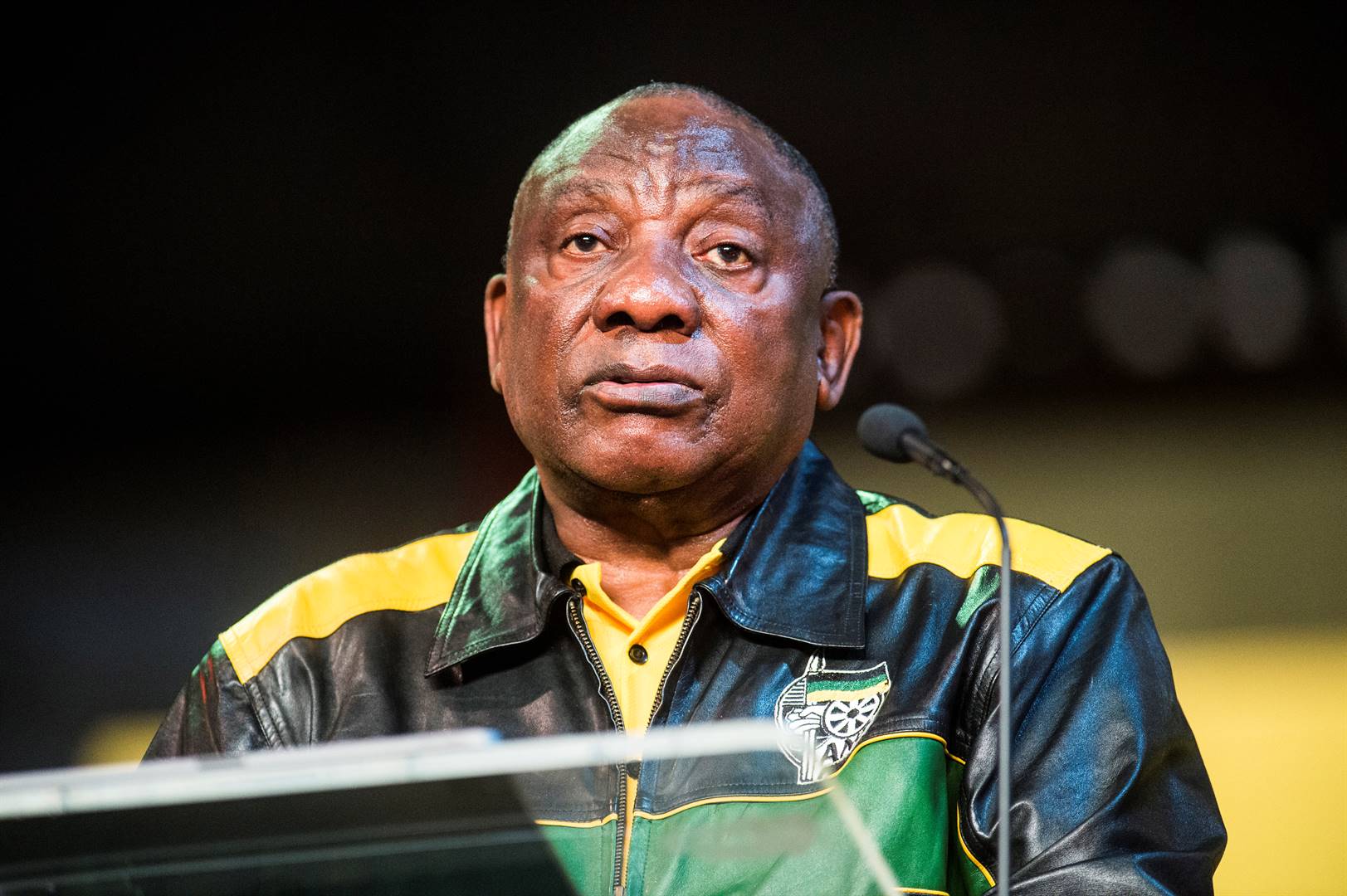Mnangagwa concedes failure to attract investors

EMBATTLED: President Emmerson Mnangagwa
Zimbabwean President Emmerson Mnangagwa has acknowledged that the country’s policies hinder investment, emphasising the need to “revisit” and address these obstacles.
Speaking at the first cabinet session of the year at State House, Mnangagwa stressed that enhancing the ease of doing business is crucial for improving the economy’s overall performance. This is an Ignite Media Zimbabwe news production. Mnangagwa noted that concerted efforts are necessary to identify and tackle areas that impede the growth of local and foreign investments.
“To enhance the overall performance of our economy, the ease of doing business agenda continues to be an important aspect of our programing,” Mnangagwa stated.
“In that regard concerted efforts must be made to revisit all the areas that hinder the start or growth of all investments, whether local or foreign.”
Zimbabwe has experienced severe hyperinflation in the past two decades, which has eroded the value of investments. The country has a history of currency fluctuations, making it challenging for investors to predict returns.
Frequent changes in fiscal policies have also created uncertainty for investors. Policy changes and inconsistencies have created uncertainty for investors.
Zimbabwe has experienced periods of political instability, including elections-related violence.
Zimbabwe’s infrastructure, including roads, railways, and energy systems, is also in need of massive upgrading and maintenance.
The country experiences frequent energy shortages, which disrupt business operations.
These are some of the reasons that have turned investors away from Zimbabwe.
Prominent banker Nigel Chanakira, who is also a former Zimbabwe Investment Authority chairperson, recently stated that Zimbabwe’s political risk premium was too high.
“Investors want to see that stability. In terms of macroeconomic stability,” he said.
“If we can have that, then we can have global capital complementing domestic capital. I want to point out one thing, the political risk premium that is attached to Zimbabwe renders us less competitive compared to other nations.
“So, our domestic players, in terms of being able to go out and punch, in the wait category and to be able to scale up and export just into the neighbouring countries is where we are found wanting.”
Addressing cabinet, Mnangagwa also underscored the importance of engaging with the public, listening to their concerns, and responding to their needs.
He stated that the government’s collective efforts should focus on creating a better future for all citizens, leaving no one behind.
The Zanu-PF leader highlighted the need to foster a culture of accountability, transparency, and excellence within government ministries.






